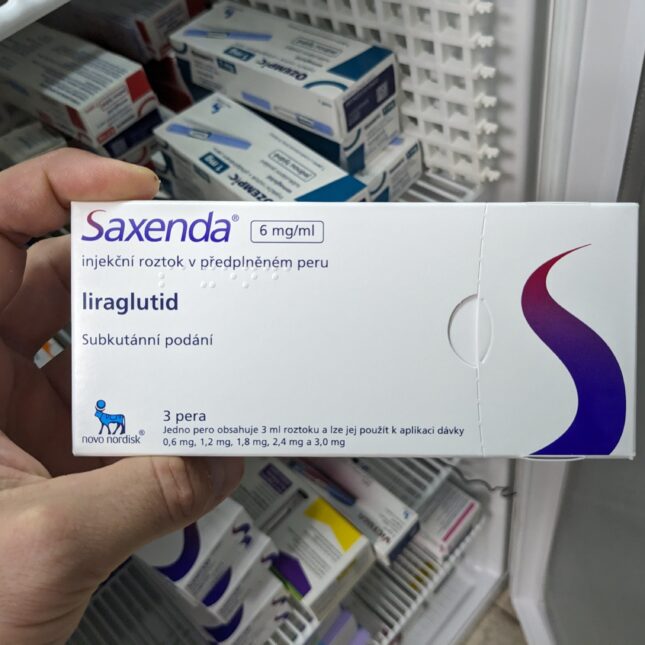
A new study suggests that an older GLP-1 drug may help protect the brains of people with early Alzheimer’s disease, supporting the case for further research on the class of medications — originally developed for obesity and diabetes — in neurological diseases.
The Phase 2 randomized trial, led by researchers at Imperial College London, tested Novo Nordisk’s liraglutide, the predecessor to Ozempic and Wegovy, in patients with early Alzheimer’s disease over one year. The study did not meet the primary endpoint of change on a measure of how much sugar the brain uses for energy, but it showed that patients on the drug had nearly 50% less shrinking in parts of the brain that control memory and learning and that treated participants had a slightly slower decline in cognitive function.
Widely popular GLP-1 drugs have increasingly been shown to provide a range of health benefits, such as reducing the risk of heart and kidney problems. The new topline results, presented Tuesday at the annual Alzheimer’s Association International Conference, add to the early data that suggest these therapies may also be helpful in treating neurodegenerative diseases like Alzheimer’s.

This article is exclusive to STAT+ subscribers
Unlock this article — plus daily coverage and analysis of the biotech sector — by subscribing to STAT+.
Already have an account? Log in
Already have an account? Log in
To submit a correction request, please visit our Contact Us page.











STAT encourages you to share your voice. We welcome your commentary, criticism, and expertise on our subscriber-only platform, STAT+ Connect